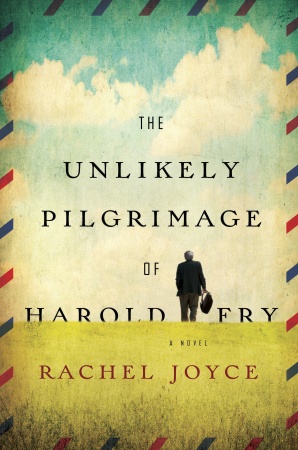What can you say about a girl with a hole through her middle, or a boy with bees living in his stomach? Or immortal pigeons and impossible creatures? They’re pretty peculiar. In Hollow City, Ransom Riggs’ sequel to Miss Peregrine’s Home for Peculiar Children, Jacob Portman also calls them his friends. Jacob is Peculiar too.
“It’s why nobody kept me. Except Teresa and she got murdered, and whose fault was that? The therapist said it wasnae mine, but I could have checked on her, I could have made her come through for lunch. I could have knocked on the door after her client left and asked her if she wanted a cup of tea. . .
The experiment know.
They dinnae know this, though: I’d die before I’d pick on someone. I would. You dinnae bully people, ever, ’cause all bullies are cowards.”
– The Panopticon, Jenni Fagan
Anais Hendricks, 15 years old, covered in blood, and coming down off a trip she can’t remember, is accused of attacking a police officer and leaving her in a coma. If the officer dies, Anais will be in worse trouble still. She’s been moved through dozens of foster homes, and the one touch of stability she’s had ended when her adoptive mother Teresa was found murdered, possibly by one of her own johns. So Anais is off to the Panopticon, a home for juvenile offenders, and those with nowhere else to go, designed so that its inhabitants can be seen everywhere by its guards. The kids who call it home may be referred to as “clients” by the staff, but they’re clients who can be monitored at all times.
And Anais knows all about monitoring: she believes she was grown in a petri dish by a shadowy group called “the experiment.” They watch her every move, and they’re closing in on her. Just when she thinks she can breathe someone she trusts warns her about the experiment—or is that just a hallucination? What about the stone winged cat perched above the Panopticon? Was it really foretold by the monk at the insane asylum who claims to have met Anais’s birth mother? There’s a lot going on in this pulsing, ferocious narrative, driven by the forcefully independent voice of Anais.
Continue reading “They’re Watching: a review of The Panopticon by Jenni Fagan”


